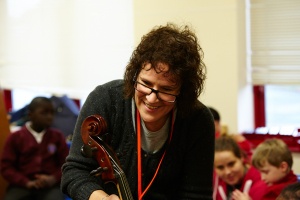
Discover & Explore: toolkit changes explained
BY: Alan Lynch
12 Oct 2015
We are always looking for ways to improve our guidance to help you deliver Arts Award successfully, and as a result the Discover and Explore toolkits have recently been updated.
None of these changes will affect the requirements for either level but will make assessing your young people’s work easier! We’ve put together a summary of the change to support you in delivering and assessing the awards successfully.
The first thing to check is which edition of the toolkit you’re using. Look at the contents page – if it says ‘Third edition’ in the bottom left corner then you’re up to date. If not then here’s what we’ve changed.
There have been no changes to evidence requirements for the Discover level.
Explore
At Explore the changes in wording make evidence requirements clearer, which in turn means that you have much more detailed information about the sorts of activities to do with young people, and the type of evidence which should be collected in arts logs. Activities for Explore should be distinct, with separate evidence for each part - the toolkit changes reflect this.
Part A: Inspire
The emphasis in this part is on ‘doing’; young people should learn about the arts through participation in different activities before then forming a personal response. Activities such as watching a play or touring a museum are better suited to Part B: information in the toolkit has been clarified to put the focus back onto the ‘doing’ aspect.
We also want to see young people reflecting on what inspired them about the activities in Part A, not in the arts overall. Encourage this reflection by asking young people questions about their Part A activities: what did they enjoy? How did it make them feel?
Part B: Explore
We’ve widened the definition of ‘arts organisations’ here to include settings such as museums and libraries. Despite doing great work in supporting the arts these groups aren’t always identified as arts organisations so the new toolkit makes that clearer.
Part C: Create
Part C is about both the creation of a piece of art and how a young person achieved it. So the evidence required in this part has been split up to reflect that arts logs should record how young people created their art work and the final art work itself.
There has been some confusion in the past about how Part C links to Parts A and B. The new toolkit is very clear that Part C should be a distinct activity. Young people could build on skills learned in Part A, but in that case would need to use them to create a brand-new piece of work for Part C.
Part D: Present
As with Part C, Part D has sometimes overlapped with other sections so we’ve clarified the information to avoid this confusion. For Part D young people need to consider their whole Arts Award journey and make a choice about what they’ve achieved or enjoyed, which is what they then share with other people – this should be clearer in the new toolkit.
A common mistake with Part D is for young people to present artwork completed in Part C, rather than recognising and communicating their achievements. You can encourage this by asking young people questions about the work done so far. What did they enjoy most? What new things have they learnt, what are they most proud of? Ask young people to think about a way they might present this information to others.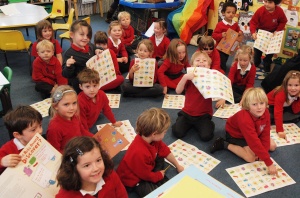
Useful resources
Don’t worry if you do have an old toolkit: you can download all of the updates by visiting http://www.artsaward.org.uk/toolkit and logging in with your adviser details. This page also includes a summary of changes which details which pages in your toolkit have been updated.
And you can always contact the Trinity team with any queries on 0207 820 6178 or email artsawardenquiries@trinitycollege.co.uk.
Related posts
BY: Guest Writer
BY: Kat Stapley-Smith
BY: Guest Writer
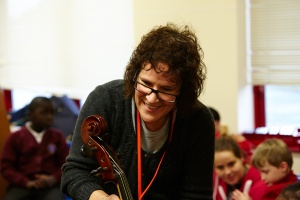
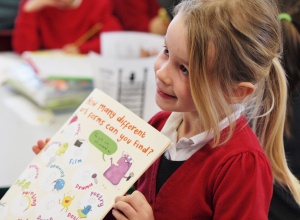


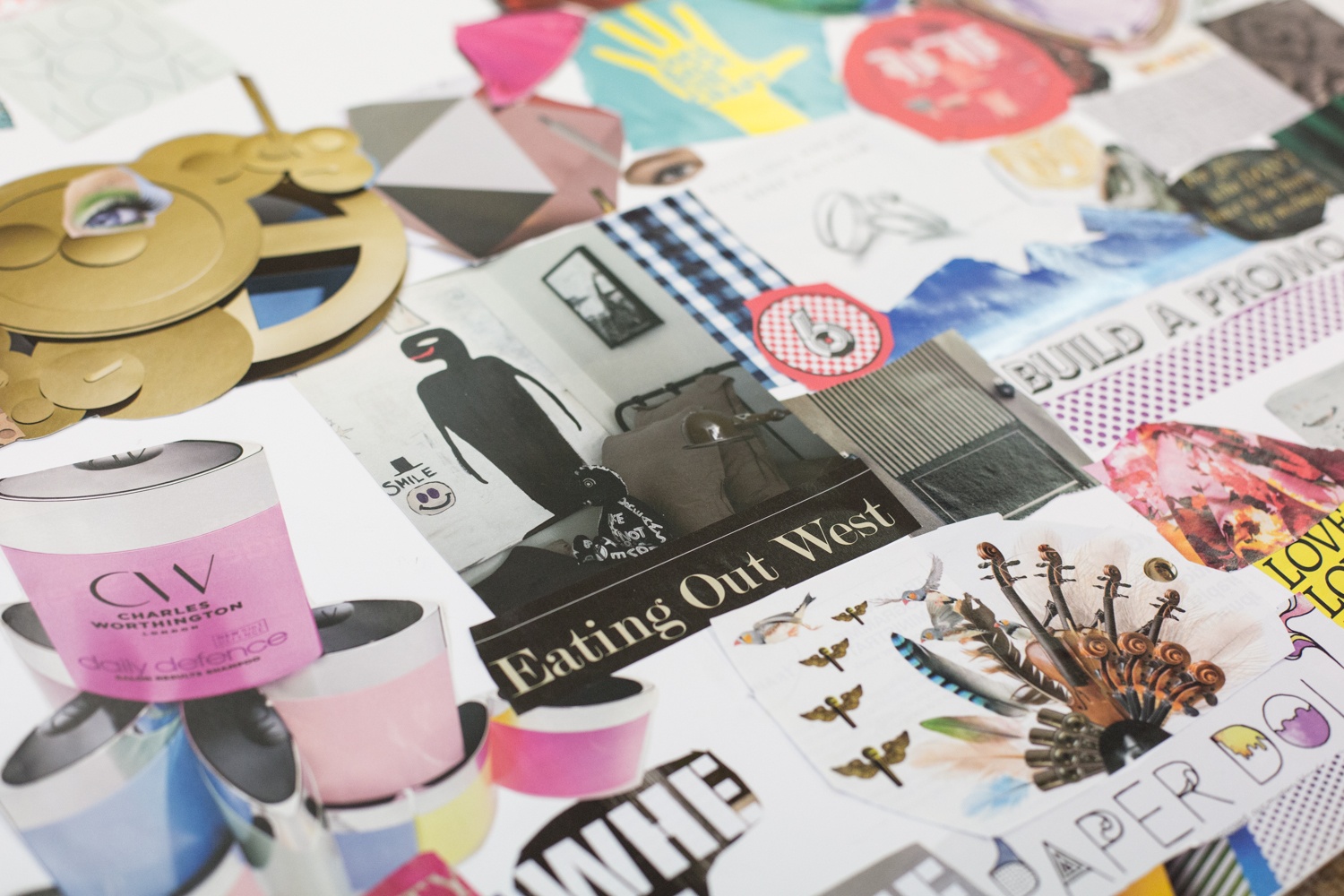
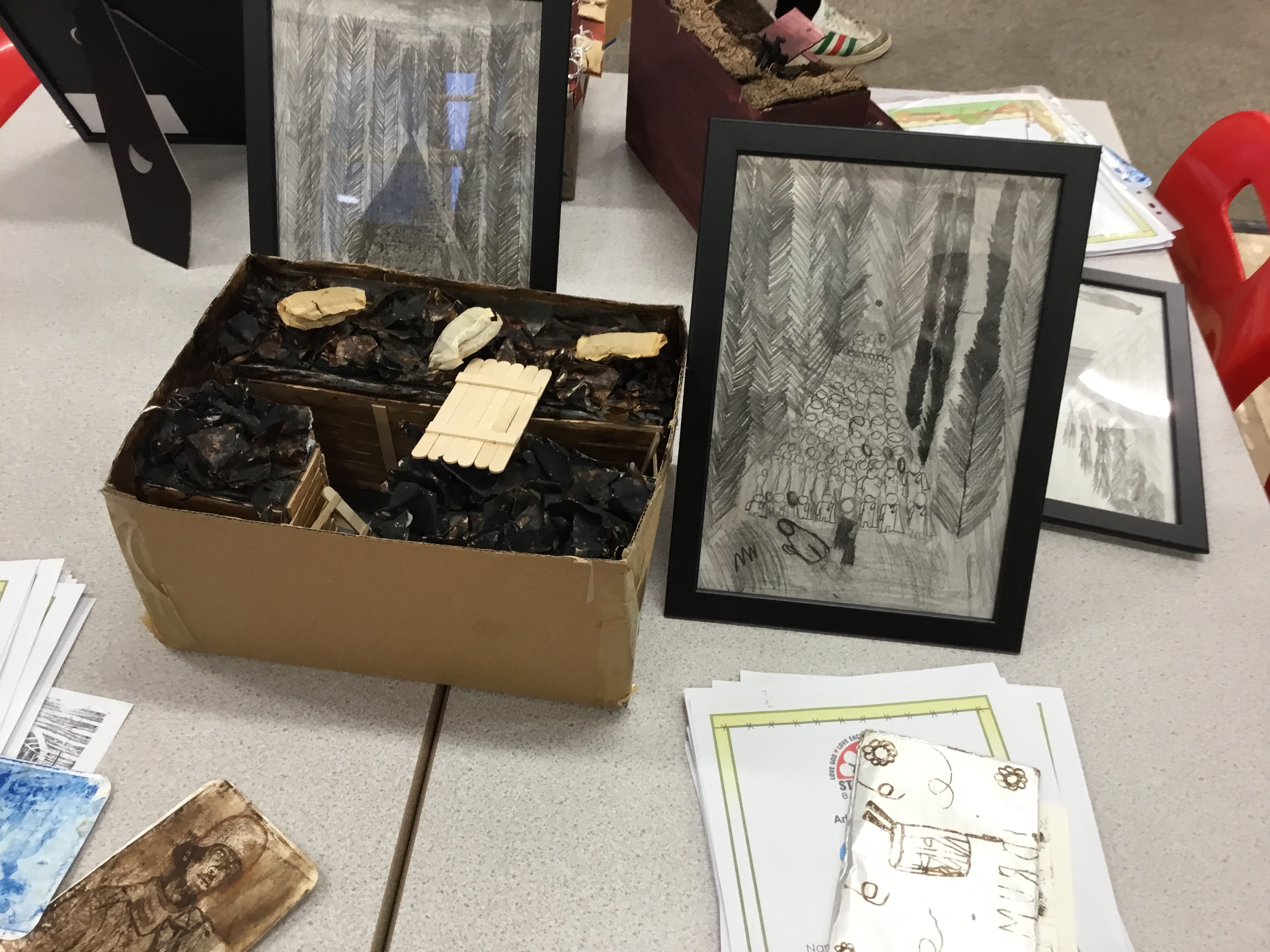
Comments & Replies